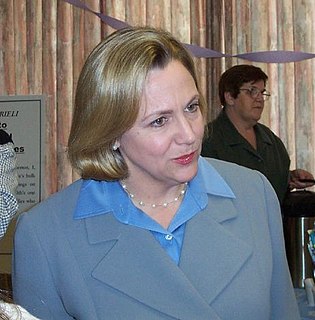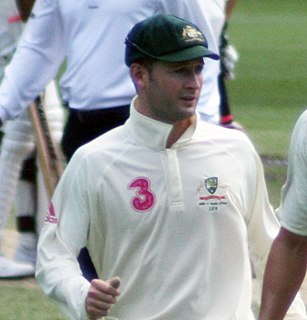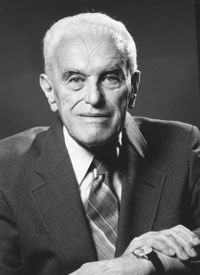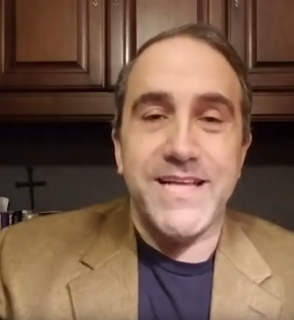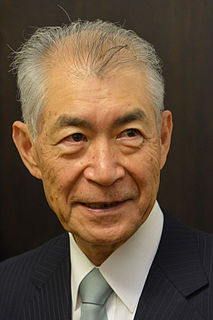A Quote by Julie Bishop
Australia is already a world leader in dementia research, treatment and care.
Related Quotes
Coal is the moral choice, particularly for the developing world... The model for the world right now should be Australia. Australia gets it. Scientifically they get it, politically they get it and particularly when it comes to the United Nations, they get it. They are pulling out of this, they are repealing their carbon tax and Canada seems to be intrigued by what Australia is doing.
We were young. We were 23. I was a kid, growing up, that would burn and fry. I didn't understand why. We did all this study and research and learned so much about skin cells and rejuvenation and how the body works and (how) everybody is different. (We) learned what doctors do for treatment of certain things and so I changed my direction and opened up a skin-care company - healthy tanning, skin-care products and rejuvenation and all of that and it took off.


